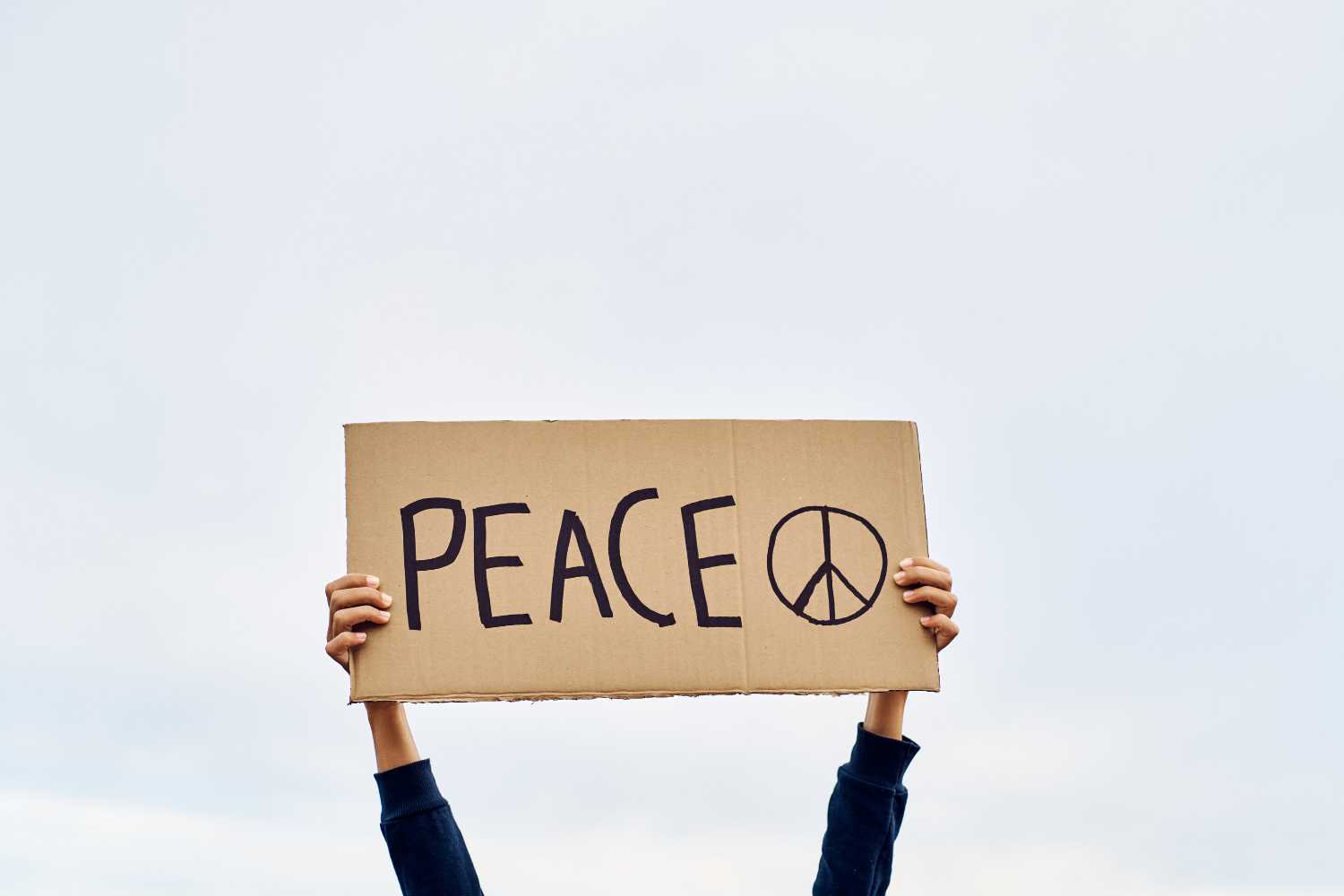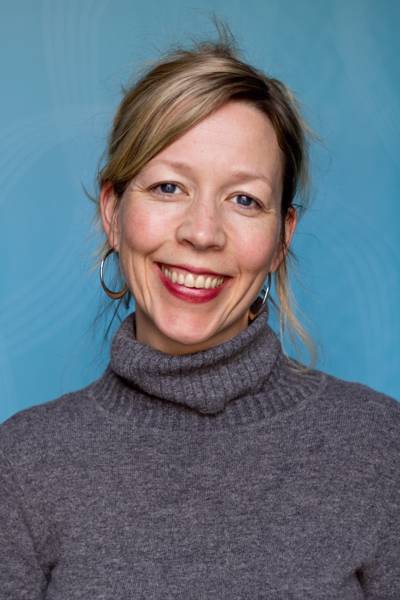Peace research is not defense research: Time to insist on tougher questions
Posted Monday, 2 Jun 2025 by Kristin Bergtora Sandvik

At the end of May, the Norwegian Academy of Science convened a meeting to discuss public trust in science. This event was attended by the CEO of the Norwegian Defence Research Establishment (FFI) and the Minister of Research and Higher Education, Sigrun Aasland. FFI spoke about the challenges of prioritizing open and peer-reviewed research in a time when operational requirements and the need for rapidly scaling up military capabilities are high on the political agenda. In her closing remarks, the Minister described defense research as an expanding research agenda that also includes peace research.
During the Q & A, I asked what roles ideas and debates on peace should have in public debate and how the peace research community in Norway can contribute with research and analysis. The Minister’s response to this question — suggesting that peace research is, in fact, now to be considered a subset of defense research — deserves further comment.
The public’s trust and distrust in research and researchers is a topic academics should care about, but we also need to earn that trust. In times of crisis, we should not only be able to produce critical analyses of societal developments but also contribute ideas about where we should go and how to get there. Peace research is often grouped with conflict and security studies, and the balance between them is an old source of contention and debate. Yet, at the present moment, it is a real issue that there seems to be so much more of the latter and so relatively little of the former. It is important to avoid having peace research reduced to becoming a subcategory of national defense research efforts. However, this requires greater engagement from us as a peace research community to show why peace itself is important — indeed, the most important — public good of our time.
Talking about peace has not been easy in the 2020s. The erosion of the liberal democratic model at the global level has been evident for some time. The pandemic was both a worldwide humanitarian catastrophe and an amplifier of distrust, conspiracy theories, and extreme political forces. The digital transformation has brought enormous costs — politically, socially, culturally, and environmentally. A few decades ago, the peace movement played a leading role in Norwegian and European public debate. This movement was visible, vocal, and encompassed various agendas, platforms, and forms of action. In 2025, the peace movement is in trouble, enjoying little public support, limited visibility, and struggling to frame the message of peace in a relevant and credible way. "Peace talk" is dismissed as naive, as indirect support for dictators and tyrants, or more recently, as an obstacle to building a strong national defense. Meanwhile, our collective critical attention as academics is focused elsewhere: on rogue/dissenting researchers or individual conflicts.
Since the outbreak of the conflict in Ukraine, I have had the privilege of doing some lecturing work in a forum for post-Soviet civil society. This diverse and multinational civil society consists of the Ukrainian academics in resistance, fearless/tortured/exiled Russian journalists and lawyers, Turkmen decolonial activists, brave Belarusian feminists (also exiled), and hardened but emboldened queer rights advocates from the region (ditto). These individuals have various ideas about how they want their societies, on the national, regional, and global level, to develop and what structural peace looks like. They are neither saints nor wolves; they argue among themselves, but they have ideas about peace, and they are not afraid to speak about them despite the costs (and the costs are high).
We should also not fear speaking about peace. I will argue that it is naive not to insist on and invest in talking about peace in our society and region right now. For a long time, we could take peace at home for granted and rather pay attention to what was going on elsewhere, including how our Nordic peace could be exported and transplanted. Perhaps this has bred complacency. We can’t be complacent anymore. Timothy Snyder’s seminal exhortation, Do not obey in advance, is not only directed at situations where the slide towards autocracy is ongoing or imminent. I suggest that it is also a strong reminder for us not to uncritically support the militarization of public discourse in Norway. On the contrary, the time for protesting against and critiquing such developments is now.
We need a broader, louder, and more unruly public conversation about peace.
This civic dialogue should include everyone. Academics can help frame and steer public conversations by centering peace as the objective of politics and show how this must have consequences for governance and for how Norway (and other Nordic countries where peace researcher engagement in public peace talk also seems conspicuously absent) navigates the world. There might be less hygge involved in doing this, but it is necessary.
To sum up the argument and circle back to the beginning of this blog: peace research is not and should not become a subfield of defense research. Peace research is about peace. Peace researchers not only have a special academic responsibility to participate in discussions about what tomorrow’s peace looks like and how to achieve it. Right now, it is also essential that we do more to contribute to formulating and discussing these issues and ensuring that these discussions gain traction and visibility in public discourse.
- Kristin Bergtora Sandvik is a Research Professor at PRIO and Professor of Criminology and Sociology of Law at the University of Oslo
- This is an edited version of a text published in Norwegian by Khrono 2 June 2025










